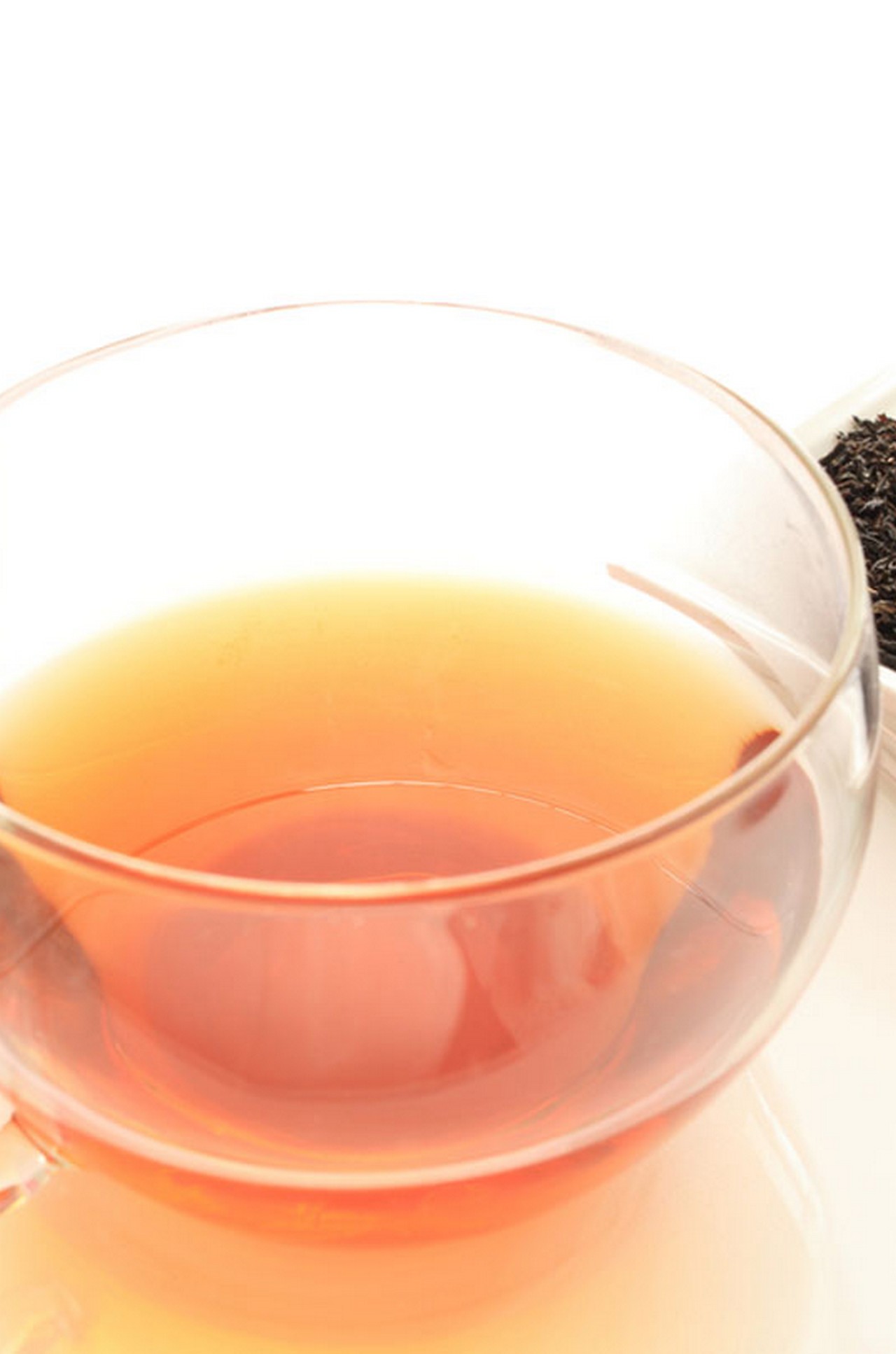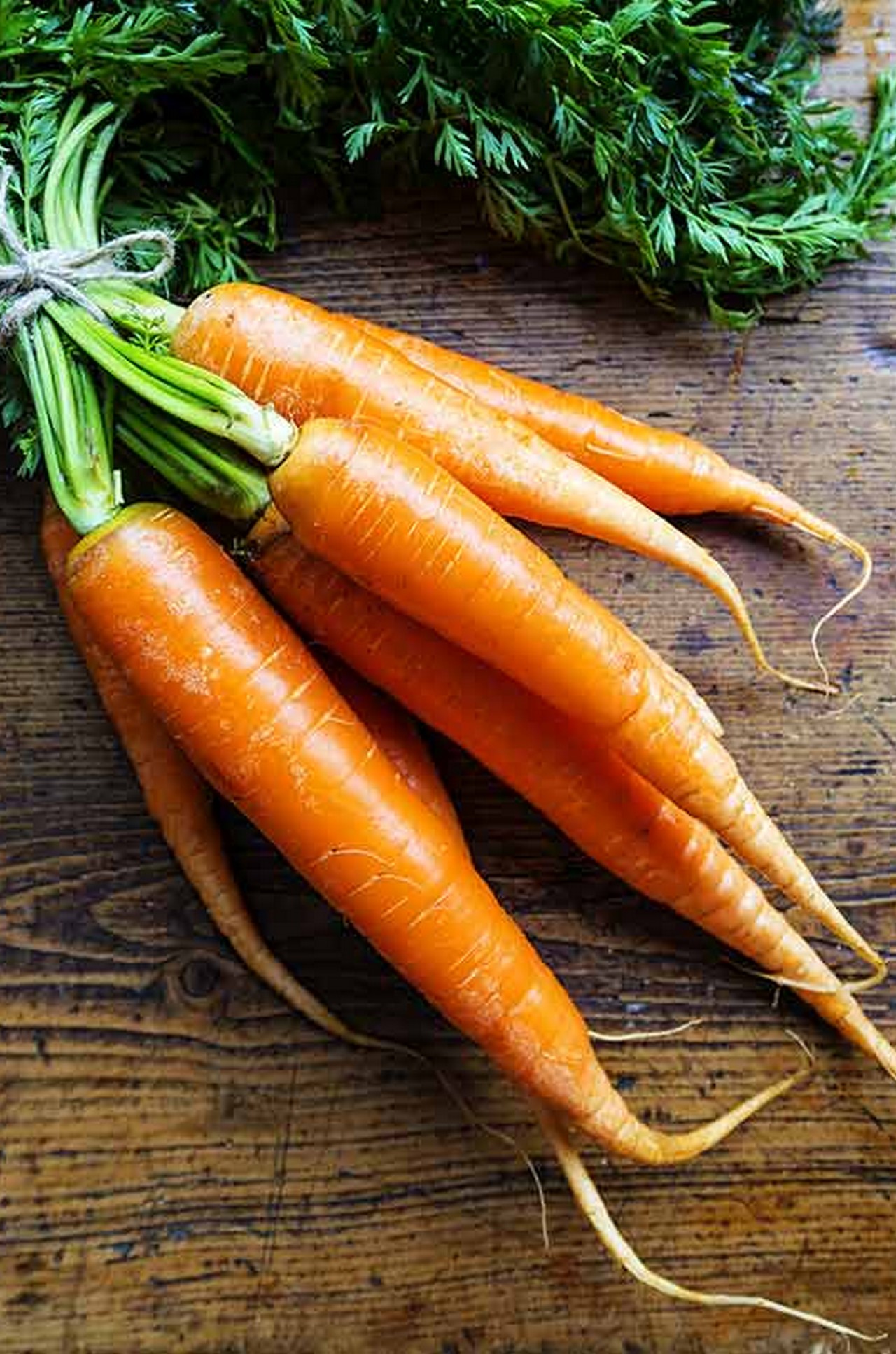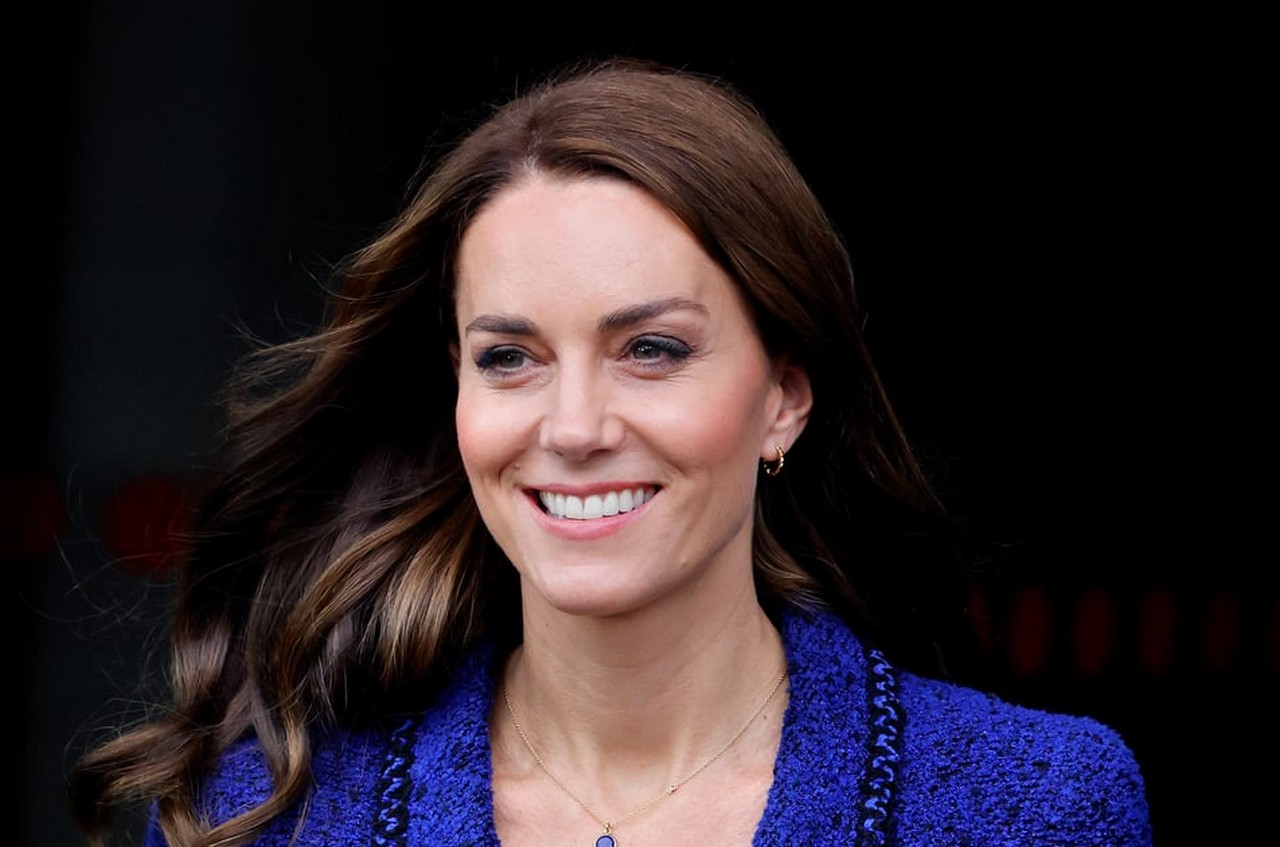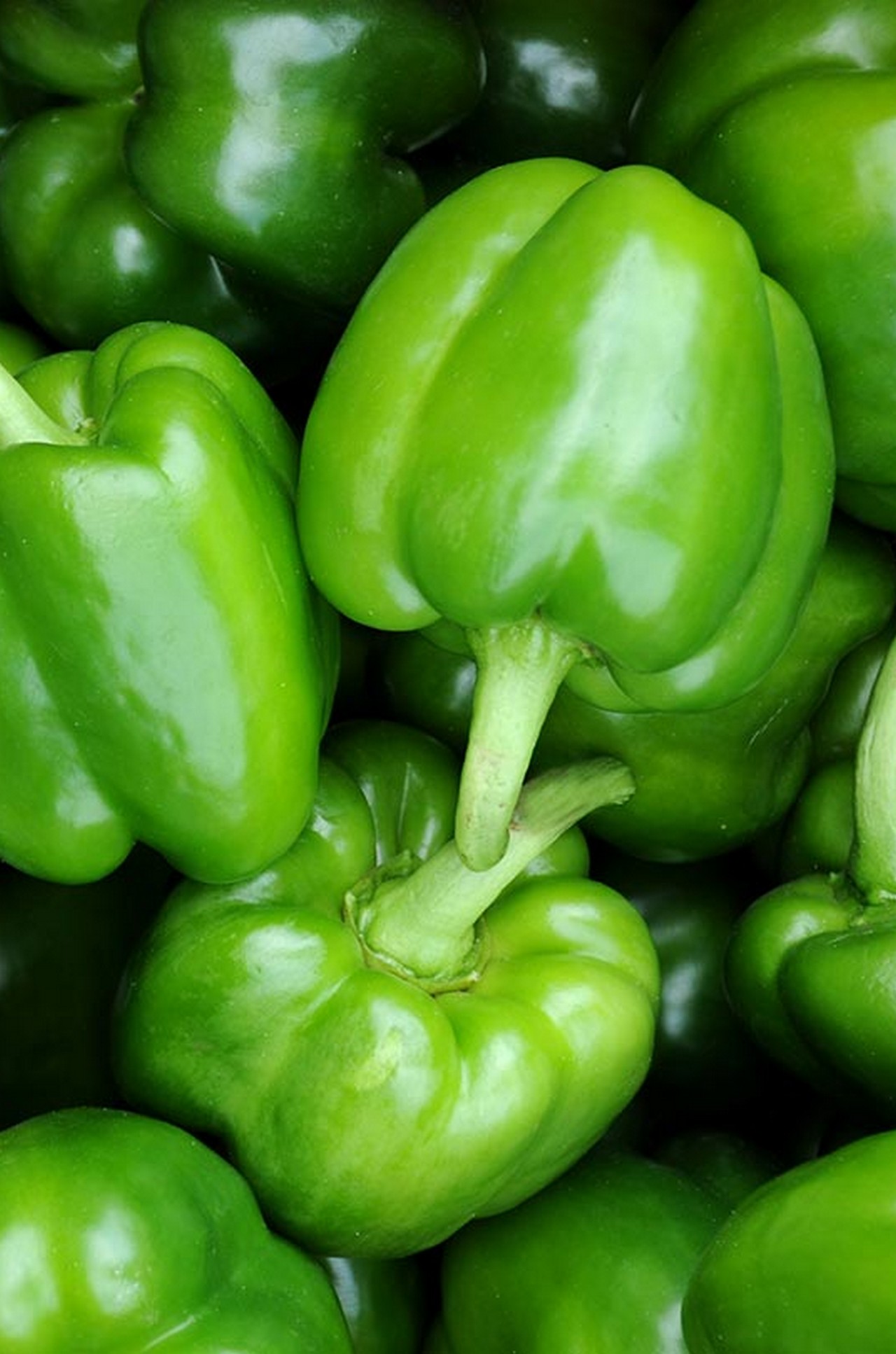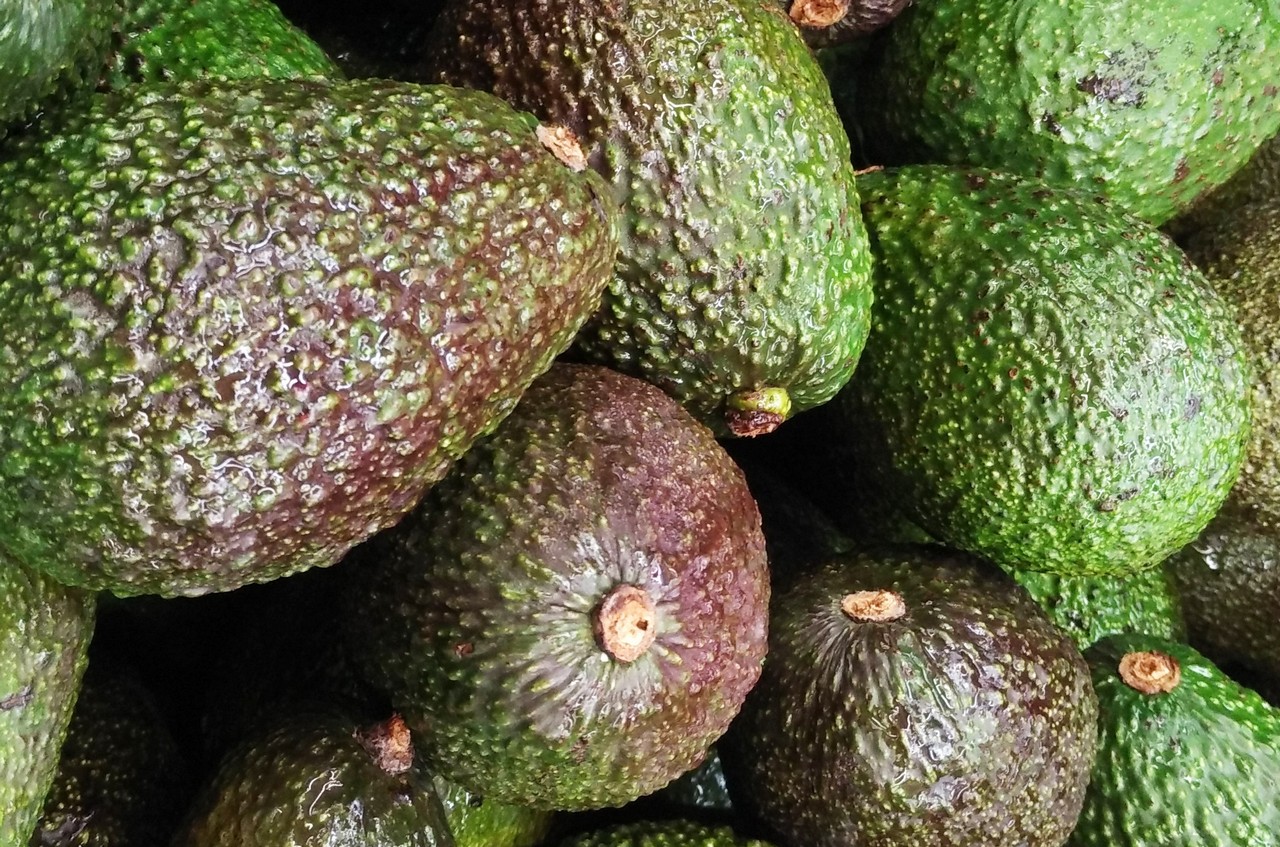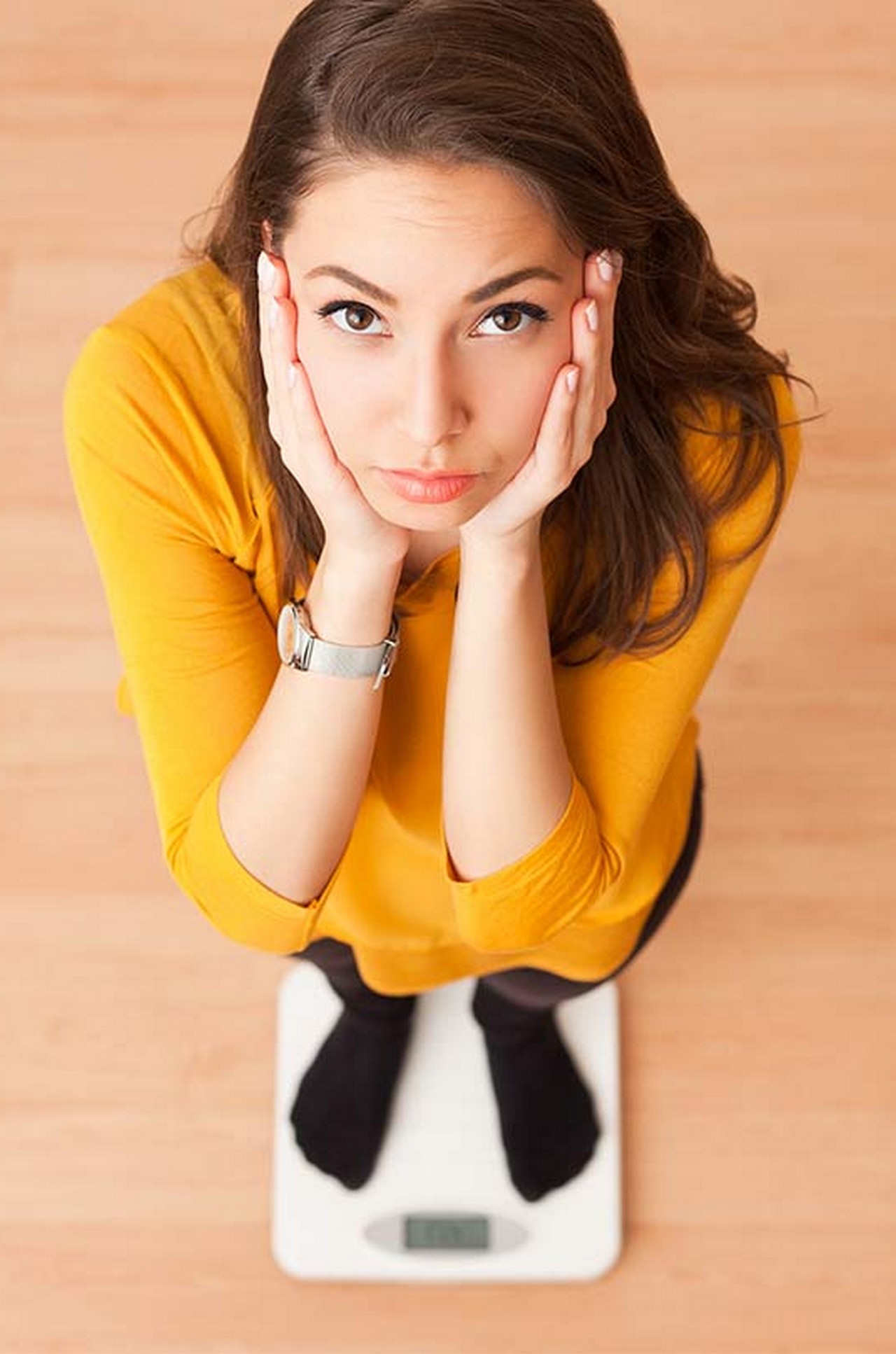
The monthly menstrual cycle helps women prepare for pregnancy (1). But do you gain weight on your period? Well, yes, you may gain between 2 to 5 pounds on your period. But this weight gain stops within a few days after your periods end. Weight gain during periods could also be a symptom of premenstrual syndrome (PMS). PMS is a combination of physical and emotional symptoms that occur post theovulationi XThe phase where one of the ovaries releases a mature egg two weeks before the menses. stage. These happen when the estrogeni XThis hormone aids in the growth and maintenance of the female reproductive system and the development of feminine traits like breasts. and progesteronei XThis hormone released by the ovaries regulates periods and supports the uterus during the initial stages of pregnancy. levels drop suddenly. Thankfully, the symptoms subside when you get your periods, and the hormone levels rise again(2).
Women with PMS become cranky, and the weight gain may only add to the emotional distress. But worry not – the universe is not conspiring against you. We are all in it together. If you are struggling to shed the period weight gain, we can tell you a few ways that can help. Continue reading to understand how you can get rid of period weight gain.
In This Article
Is Weight Gain During Your Period Normal?
Yes, gaining weight during your periods is normal. Be it water retention or hormonal changes, if you find yourself puffing up during your periods, rest assured that it is a temporary change and is a common occurrence during menstrual days. However, being aware of the possible causes can help deal with it better.
7 Reasons For Weight Gain During Periods
Shutterstock
1. Water Retention
Water retention is one of the major reasons for weight gain during periods. This mainly occurs due to hormonal fluctuations during the menstrual cycle. After ovulation, progesterone and estrogen levels fall down, which is a sign that you are due for your next period. These two hormones regulate water balance in your body. When this is in the lower range, tissue fluids accumulate, and your start to feel heavy and plump and gain weight(3).
You can feel water retention or heaviness in your breast or stomach or can notice a little swelling in your extremities. This increases water weight, but it does not mean that your body fat percentage has increased.
2. Disturbed Digestion
Hormones are the main culprits here. Improper hormonal balance slows down the peristaltic movement of the gut and impairs the digestion process. Sometimes, fluctuating estrogen and progesterone hormones increase gas retention in the stomach, causing bloating or distention. You may experience stomach cramps before and during your periods due to the secretion of prostaglandins, hormone-like chemicals that initiate uterus contraction. Studies showed that these symptoms increased rectal sensitivity among IBS patients, and they felt it quite often during their periods(4).
Related: 14 Home Remedies For Digestive Problems And Prevention Tips
3. Skip Workouts
Most women tend to skip workouts when they are menstruating. This happens because when you are in your bleeding phase and not feeling your best, your brain and body become sluggish and lazy. So, either you skip your workout sessions completely or go about them without putting in real effort. As a result, you gain water weight and start storing fat (as you cannot stop binge eating).
Instead of skipping your exercise regimen completely, it is better to practice some breathing exercises and easy yoga postures for proper supply of oxygen to your muscles to ease out menstrual cramps. Always consult a fitness expert and do not practice on your own.
4. Gut Problems
Most women have gut problems like constipation, indigestion, and bloating when they are on their periods. Elevated levels of progesterone just a few days before your periods slow down gut movement. The entire digestive tract becomes very sluggish, causing constipation (4).
Did You Know?Women often experience bloating while on periods – with 62% experiencing some form of bloating before and 51% feeling bloated during their periods (5).
Related: Dysentery: Causes, Symptoms, Treatment, And Home Remedies
5. Food Cravings
Shutterstock
Increased cravings for food and overeating can also be other reasons for weight gain before and during periods. The serotonin-estrogen cycle is the main reason for overeating. Estrogen levels generally start to increase just a few days before your period and fall just right before your period, which regulates serotonini XA chemical in the brain that regulates a variety of functions, including mood, sleep, appetite, and memory. secretion and tends to decrease it. Low serotonin levels cause cravings for more sugary and processed foods, which are major contributors to weight gain (6).
Did You Know?A study found that nearly half of American women crave chocolate at the beginning of their cycle (7).
6. Decrease In The Level Of Magnesium
Just before your menstruation cycle, the magnesium levels in your body might drop. This can lead to lower levels of insulin, which increase the craving for glucose. This leads to increased food cravings, especially for high-sugar foods, which can lead to weight gain before and during your periods.
7. Mood Swings
Mood swings (or cranky moods) are the most common symptoms of PMS. Food cravings and mood swings are often linked. The hormonal gameplay makes you crave salty and sugary foods. These foods are not healthy enough to maintain your weight (8).
These are the seven major reasons for weight gain during periods. However, there are a few other symptoms accompanying weight gain during periods.
Symptoms In Addition To Weight Gain
The temporary weight gain during periods characterized by bloating, swollen hands and feet, and tender breasts, is also accompanied by one or all of the following symptoms that are also normal during your menstrual cycle:
- Mood swings and irritability
- Anxiety or depression
- Crying spells or angry outbursts
- Confusion or poor concentration
- Social withdrawal
- Irregular sleep patterns
- Appetite changes
- Changes in sexual desire
- Fatigue and exhaustion
- Headache, cramps, and abdominal pain
- Acne and pimples
- Breast tenderness
- Gas, bloating, or diarrhea
While you can expect any of these during your menstrual cycle, the main question here is – how to prevent or protect yourself from gaining that unnecessary weight? Here’s a strategic plan to prevent weight gain before and during periods. Take a look.
Ways To Prevent Weight Gain During Periods
Shutterstock
Here are the most practical ways to prevent weight gain during your period.
- Be Prepared
It might sound vague, but when you try to understand your cycles and your body’s response to the hormonal changes, you might be able to prevent all the causes of weight gain during your periods.
Stock your kitchen with healthy snacks like popcorn, fruits, and homemade low-sugar brownies so that once the hunger hormones kick in, you don’t resort to unhealthy snacking and gorging on high-sugar and high-sodium foods.
- Cut Back On Caffeine
Since you will feel a lot more anxious when you PMS, cutting back on caffeine will make you calmer and prevent other related symptoms like crankiness (9), (10). Though some research suggests that there is no link between caffeine consumption and PMS symptoms, there is no harm in reducing the amount of intake (11).
Stylecraze SaysOpt for chamomile or ginger tea instead of coffee during your periods. Their anti-inflammatory properties can help relax your uterine muscles.
- Drink Water
Shutterstock
Drinking water will keep your cells hydrated, flush out the toxins from your colon, and keep your metabolism active. This, in turn, will prevent weight gain before and during your periods.
Related: 8 Important Benefits Of Drinking Water On An Empty Stomach
- Do Not Skip Meals
Consume at least 5-6 meals per day. Along with breakfast, lunch, and dinner, you should include two snacks per day. This will keep your metabolism from stalling, balance your hormones, and keep you satiated.
- Cut Down On Salt
Salty or high-sodium foods like junk foods and processed foods can cause water retention in your body. Cutting down on these before and during your periods will help prevent water weight gain.
- Do Not Skip Your Workout Sessions
Shutterstock
While you may not feel like going to the gym or working out at home during your periods, exercising will help uplift your mood. And when you feel better, you will not binge on unhealthy food, sleep well, and feel less stressed out.
- Take Supplements
Calcium helps combat PMS symptoms, and hence, it is advised to consume enough calcium during the period (12). You may also use certain natural herbal remedies for controlling your weight gain.
Magnesium is another important nutrient that you must consume to balance the menstrual hormonal changes in your body (13).
Omega-3 supplements or fish oil supplements may also help reduce the stress levels during PMS, keeping you from consuming a lot of unhealthy food.
However, remember, it is necessary to consult an expert medical professional before consuming any supplements or medications as not doing so can have adverse effects on your body.
- Include Vitamins
Vitamin B6 helps reduce estrogen levels and increase progesterone levels in the blood. This helps in balancing the fluctuating hormones, which control weight gain. To get rid of the PMS symptoms during menstruation, you may take upto 100 mg of vitamin B6 per day (14).
- Recognize The Triggers
Shutterstock
Maintaining a PMS diary will help you identify the time of the month around which you start your period and understand how you feel, and what actions you take. This will make you more conscious in the next menstrual cycle the next time you binge eat or skip workout sessions.
Also, if you are already on your periods and feel bloated, a diet plan including kefir, spinach, chocolate, avocado, kimchi, nuts, and seeds can help minimize symptoms and alleviate uneasiness.
Along with proper hydration, a healthy balanced diet, and light exercise, there are a few medications that can help alleviate the symptoms.
Other Medical Treatment Options For Period Weight Gain
You should check with your gynecologist before deciding on any medicines or treatment options for period weight gain and other associated PMS symptoms. Your doctor may prescribe you diuretics to help reduce the water retention or suggest treatment options to help balance the hormonal fluctuations.
When To See A Doctor
If you find the PMS symptoms or the additional weight gain significantly hampering any of your activities or affecting your lifestyle considerably, you might consider consulting a doctor. They can help you find the right treatment options to help relieve your PMS symptoms.
Infographic: Foods To Eat During Your Periods
Factors like water retention, skipping your workout, or low magnesium levels may increase your cravings for sugary and junk foods. As a result, you may end up gaining weight during your periods. Avoiding caffeine and alcohol, eating a healthy diet, and getting enough sleep may keep you from gaining weight during this phase. In addition, you also can consume the following foods during your periods to combat bloating and water retention.
Do you tend to feel bloated and gain weight on your periods? Well, now that you know what causes weight gain during periods, you may be able to tackle it better. Drinking water, cutting back on caffeine, staying active, and taking supplements can help you stay better prepared for weight gain and PMS as well. While periods are unavoidable for all women, the above-mentioned



